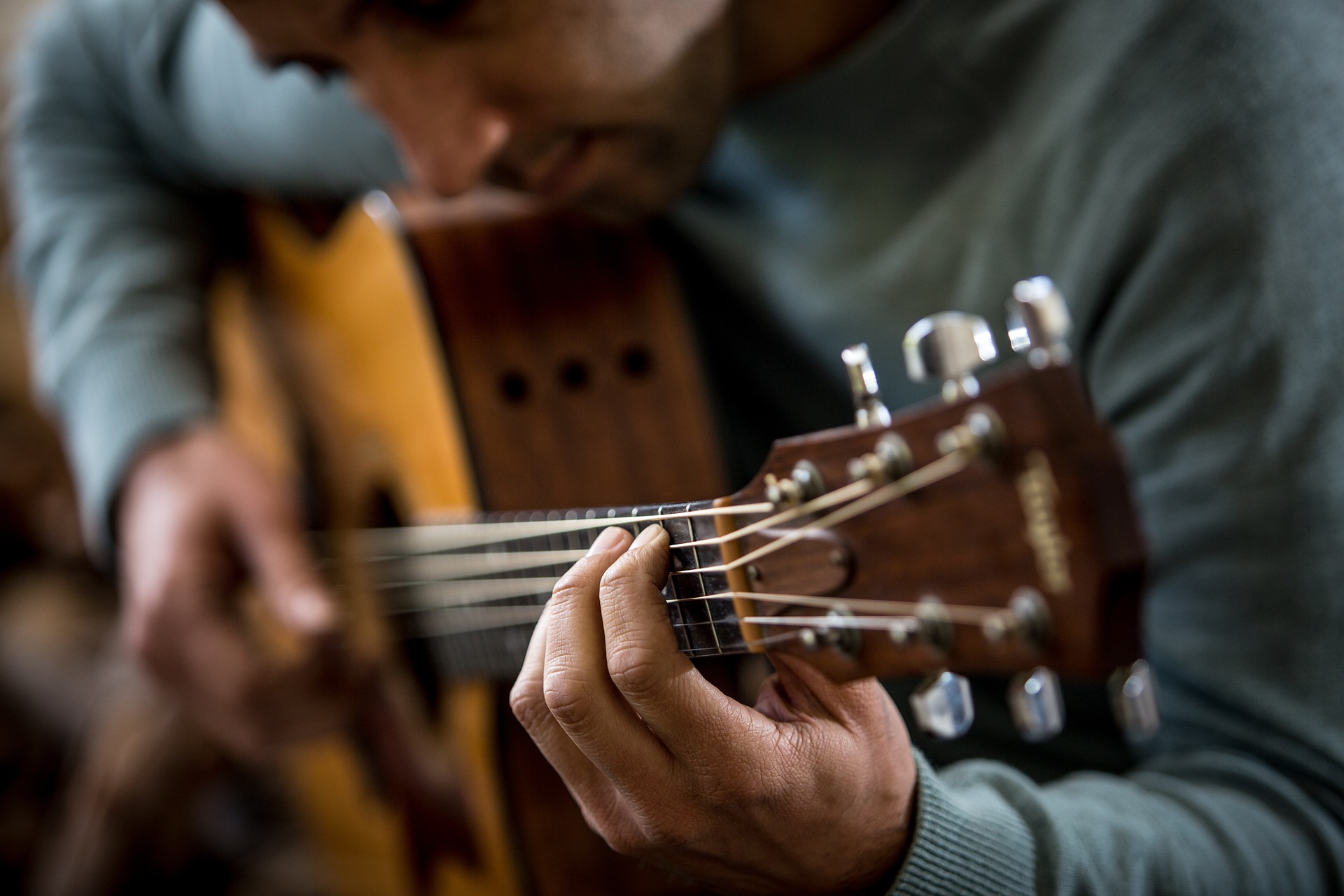Taking care of your guitar is essential for ensuring its longevity and optimal performance. Regular maintenance not only keeps your instrument in good condition but also enhances your playing experience. In this article, we will discuss essential tips for maintaining your guitar.
1. Regular Cleaning: Dust and grime can accumulate on your guitar over time, affecting its appearance and sound. To keep your guitar clean, use a soft, lint-free cloth to wipe down the body, neck, and strings after each playing session. For deeper cleaning, use a guitar-specific cleaner and a microfiber cloth. Avoid using household cleaners, as they may damage the finish.
2. String Maintenance: Strings are one of the most critical components of your guitar, and proper care is essential. Change your strings regularly, depending on how often you play. A good rule of thumb is to change them every few weeks or whenever you notice a loss of tone or playability. When changing strings, clean the fretboard with a suitable cleaner to remove any built-up dirt and oils.
3. Humidity Control: Guitars are sensitive to changes in humidity, which can cause wood to warp or crack. Ideally, keep your guitar in a controlled environment with a humidity level between 40% and 60%. Use a hygrometer to monitor humidity levels, and consider using a guitar humidifier if you live in a dry climate.
4. Proper Storage: When not in use, store your guitar in a case or on a stand to protect it from dust and accidental damage. Avoid leaving it in extreme temperatures, such as in a car or near heating vents. If you use a hard case, ensure it is properly padded to prevent movement during transport.
5. Regular Setup: A professional setup can significantly improve your guitar’s playability. This process includes adjusting the action (string height), intonation, and neck relief. If you notice issues with playability or tuning stability, consider taking your guitar to a qualified technician for a setup.
6. Check Electronics (for Electric Guitars): If you play an electric guitar, regularly check the electronics, including pickups, pots, and jacks. Ensure that all connections are secure and that there is no crackling or loss of signal. If you encounter issues, consult a technician for repairs.
7. Play Regularly: Regularly playing your guitar not only keeps it in good condition but also helps maintain your skills. Playing consistently allows the wood to breathe and remain responsive. Additionally, the more you play, the more familiar you become with any changes in sound or feel, helping you identify maintenance needs early.
Conclusion: Maintaining your guitar is essential for preserving its quality and ensuring a great playing experience. By following these tips—regular cleaning, string maintenance, humidity control, proper storage, professional setups, and checking electronics—you can keep your guitar in excellent condition for years to come. A well-maintained guitar not only sounds better but also inspires you to play more often, enhancing your musical journey.
